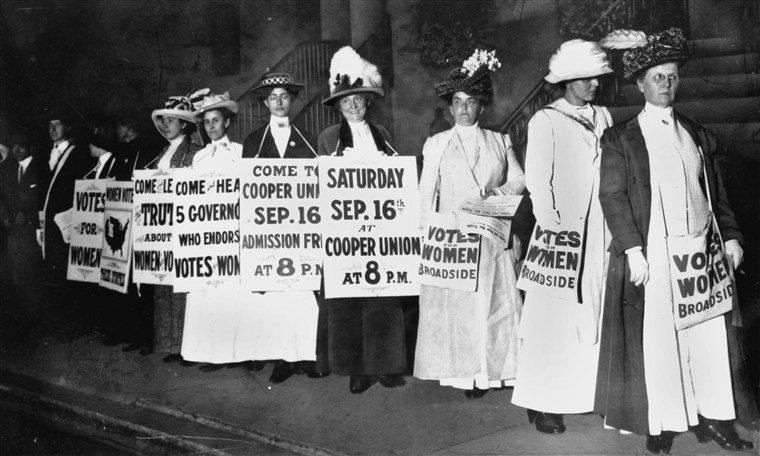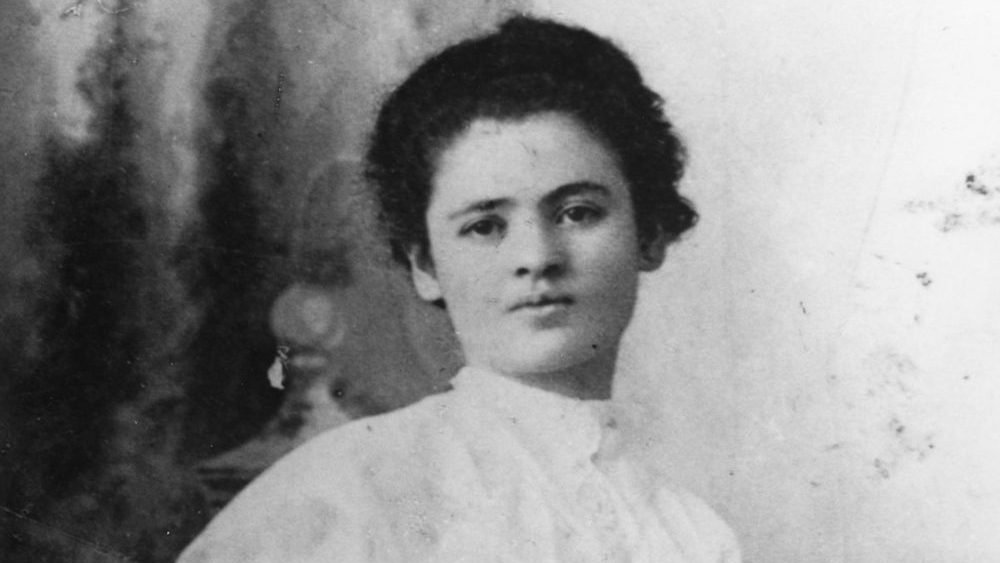
By Leader Dr. Richard Koral
March is Women’s History Month and this year it has a special significance. 2020 marks the 100th anniversary of the adoption of the 19th Amendment ensuring women the right to vote in the United States. Three years after a woman won the popular vote for the presidency of the United States (but, alas, not the Electoral College), and (at this writing) two other qualified and viable female candidates are competing for the nomination, it is hard to contemplate how suffrage could have been denied all women until relatively recently.
The United States was not alone in failing to include women in the political sphere until late. The United Kingdom only gave women equal voting rights in 1928. France didn’t ensure women’s suffrage until 1945 in the post War Fourth Republic, and Japan’s constitution imposed by the US after WW2 provided for women’s suffrage there for the first time. Egypt didn’t grant women voting rights until 1956 after King Farouk was deposed and Gamal Abdel Nasser became president. In Kuwait it was not until 1985 and Saudi Arabia not until 2015.
In America, women voted in some of the colonies but, ironically, their vote was lost when the Revolution was won. Through the 19th century, the struggle to gain suffrage was a story in discouragement. Only in the 20th century did attitudes sufficiently change. In the run-up to the acceptance of the 19th Amendment, numerous states separately granted women the vote. In the decade preceding the Amendment, 17 states granted voting rights to women.
The core Southern States rejected the 19th Amendment outright. By 1919, 35 states had adopted it, still one shy of the 2/3 needed. Tennessee was the state remaining and it took up the bill in 1920. The outlook appeared bleak, given the outcomes in other Southern states and given the position of Tennessee’s state legislators in their 48-48 tie. The state’s decision came down to 23-year-old Representative Harry T. Burn, a Republican from McMinn County, to cast the deciding vote. Burn was said to oppose the Amendment but his mother convinced him to approve it. Mrs. Burn reportedly wrote to her son, speaking of Carrie Chapman Catt, president of the National American Women’s Suffrage Ass’n, “Don’t forget to be a good boy and help Mrs. Catt put the ‘rat’ in ratification.” After nearly a century of struggle and toil by great women to wrest voting rights from a great nation, it came down to a choice in the hands of a boy.
Some people continued to deny the concept of women voting. Two law suits reached the Supreme Court to find the Amendment invalid, but both were dismissed by a unanimous bench. Still, it was years before all the states ratified the Amendment. Mississippi was the last, in 1984.
The late acceptance of women voting might be understandable considering other restrictions on women’s rights that seemed natural to many people at the time, but are head scratchers today. It was not until the middle of the 19th century, for example, that married women were granted rights to their own property. Formerly, all their property was owned by their husbands automatically upon marriage. A husband’s creditor could seize all of the wife’s assets to satisfy his personal debts, and that did happen. Of course, until the 1960’s, the power to divorce was not a matter of personal decision, but had to be granted for “cause” in the eyes of the law.
Women’s rights have always been subject to the fickle will of men, and so it is obvious that those rights now won must be preserved in as secure a manner as possible. That is why the Equal Rights Amendment is so important. The surest way to end the debate is with a Constitutional provision broadly affirming that “equality of rights under the law shall not be denied or abridged …on account of sex”. Yet the debate continues, now over the extension of the original deadline for ERA ratification. Although 25 states already have enacted their own equal rights amendments, litigation is under way to bar the extension and to require the ERA adoption process to begin all over again. It’s time to stop fighting it and to get on board.







